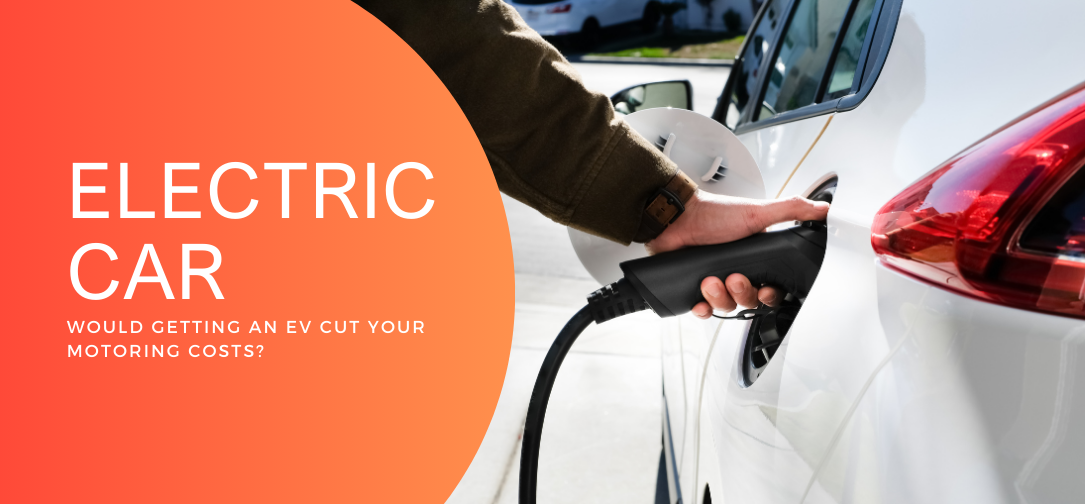Electric cars have now been around for a number of years and it’s no secret that one of the biggest benefits is lower running costs. But many drivers are still unconvinced that electric cars are really worth it. The guide below aims to look at how electric cars could save you money and the areas where they may cost you more!
What is an electric car?
If you’re not already aware, an electric car is one which doesn’t use petrol or diesel and instead replaces the engine with an electric motor. Because there’s no combustion engine present, it means there is no tailpipe and no nasty emissions released. This helps to make electric cars eco-friendly as they have a less harmful impact on the environment and human health. EVs can accelerate quicker and can be more powerful than other vehicles as the energy is transferred straight to the wheels from the electric motor. The electric motor is powered by batteries which can be recharged through regenerative braking whilst on the road or more commonly can be recharged by plugging the vehicle in to a designated charge point.
So, when it comes to getting an EV for yourself, will it be cheaper or more expensive?
Buying an electric car.
The initial purchase price of buying an EV can be more expensive than if you were to get a petrol or diesel car. This is because electric cars use lithium batteries which can be more expensive to manufacturer. They also tend to use modern materials which aren’t mass produced like traditional petrol and diesel cars. If you’re worried about funding an EV, you could find a car finance provider who would offer you an EV car loan to help spread the cost. However, many EV car owners do say the initial higher cost to buy an EV is outweighed by the lower running costs.
Insuring your EV.
All cars in the UK will need a valid insurance premium in place if they’re driven or kept on the road. Insurance premiums for electric cars can be more expensive than other options. Your insurance premium is based on risk and how much repairs would cost if you were to make a claim. EV insurance claims can be up to 25% more expensive than traditional combustion engine vehicles. Due to more expensive parts being used and a higher price tag, insurance premiums are higher because the insurance company would have to pay out more to cover the cost.
Running costs.
Recharging an electric car.
Purchase and insurance costs of EV are higher, but you’ll be pleased to know the running costs of an EV are lot lower. Many EV drivers feel they are low enough to make up for the higher costs elsewhere. Its costs much less to recharge an EV using electricity than it does to pay to refuel a car with petrol or diesel. In the UK, the average range of an EV is 211 miles on a full charge. UK drivers on average drive an average of 127 miles a week so you could get up to 2 weeks’ worth of emission free driving with an EV! It’s worth noting the cheapest way to recharge an EV is overnight, when the electricity grid is at its cheapest and by having an at-home charger fitted.
Electric car maintenance.
EV owners will also benefit from lower costs when it comes to maintenance and upkeep too. A combustion engine which comes with petrol and diesel cars is made up of hundreds of small moving parts. Electric car batteries have few moving components are easier and cheaper to maintain. The vast majority of electric cars are also automatic transmissions which means there’s no clutch pedal present. Clutches often wear easy as they use metal on metal components but with no clutch present there’s less to worry about!










